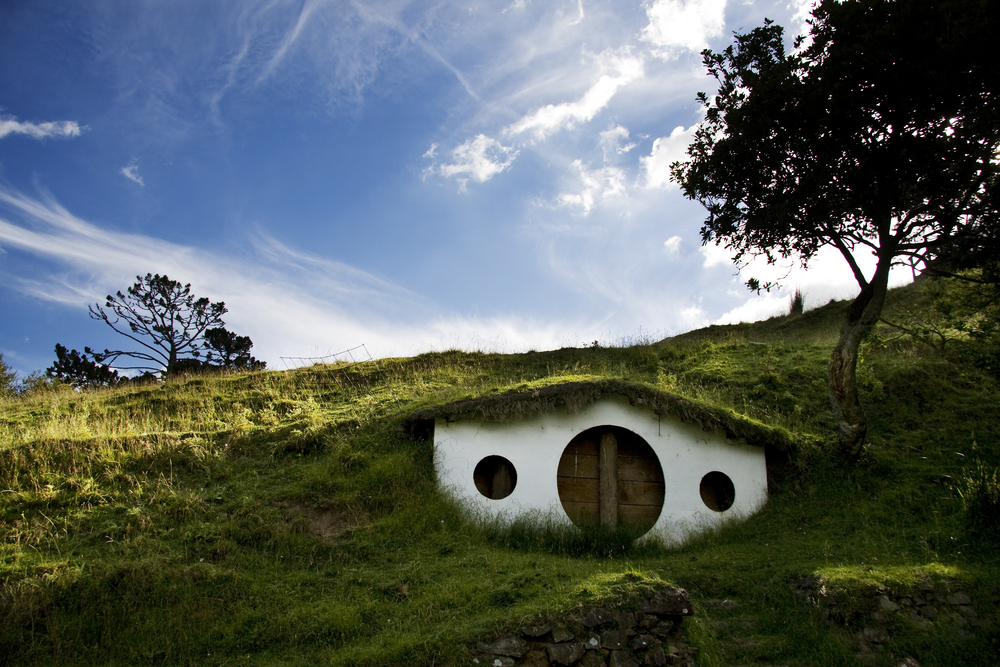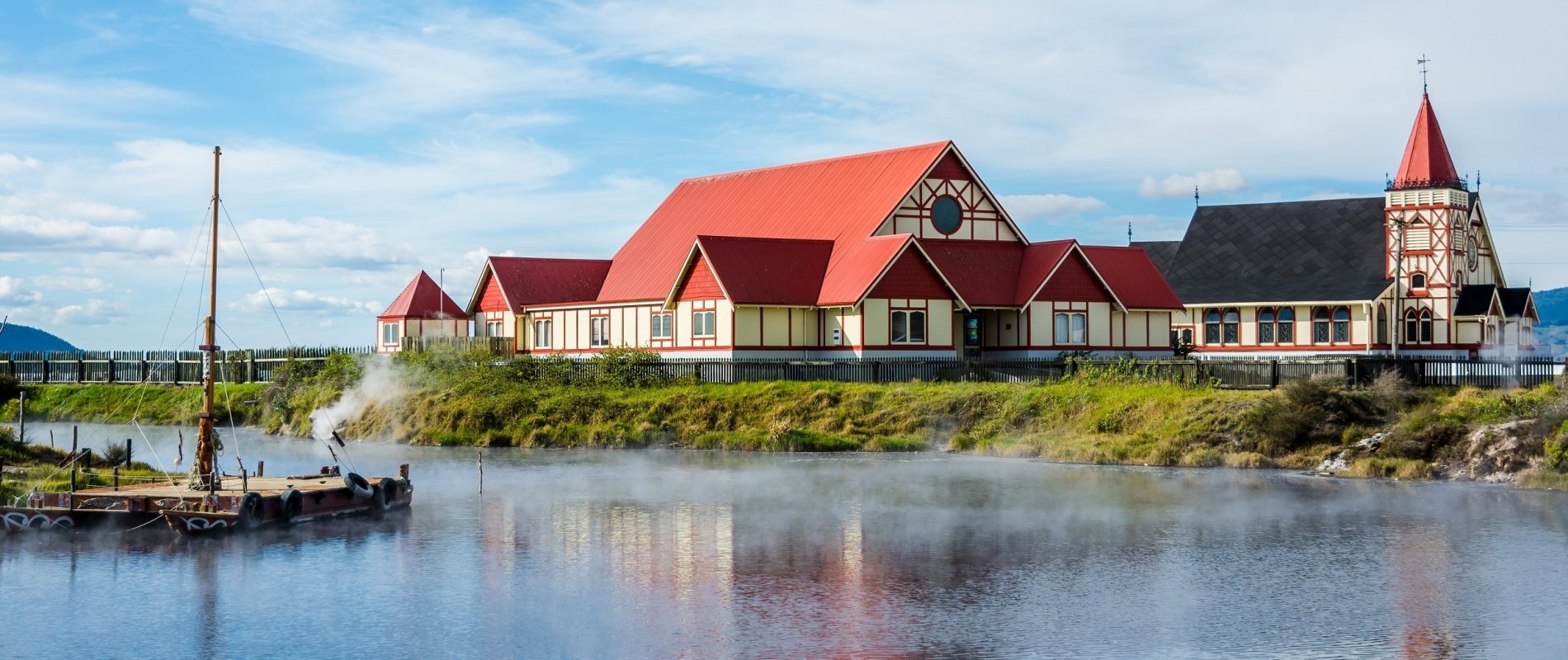Housing in New Zealand

Accommodation is quite expensive in New Zealand, especially in the major cities such as Auckland, Wellington and Queenstown. Rent is generally charged and paid by the week. If you want to keep your accommodation budget down, you should try to find a room in a shared house (referred to as “flatting” in New Zealand), which is often cheaper.
Renting
This helpful government website can provide you with information on the rates charged in each region and even in the different districts of a city (if it is large enough). The data is based on feedback from tenants who provide their rental prices every 6 months. Of course, rents vary, and they will be higher if you are only planning to live in a property for a few months.
Here is a summary of the cost of renting in various New Zealand cities. Prices are per week.
|
City
|
Room (in a shared house)
|
1-bedroom flat
|
|
Auckland
|
$300-$350
|
$520-$580
|
|
Wellington
|
$220-$350
|
$500-$560
|
|
Christchurch
|
$200-$300
|
$400-$500
|
|
Dunedin
|
$250
|
$420
|
|
Queenstown
|
$400
|
$550
|
|
Invercargill
|
$220
|
$380
|
|
Rotorua
|
$200-$300
|
$390
|
|
Tauranga
|
$230
|
$400
|
|
Taupo
|
$270-$340
|
$500
|
|
Hamilton
|
$250-$350
|
$380-$520
|
|
Nelson
|
$200
|
$440
|
Living in a hostel
A number of working holiday makers choose to live in youth hostels (called “backpackers” in New Zealand). The (sometimes) cheaper prices, the social aspect and the central location are all criteria that make backpackers a popular choice. What’s more, the price of accommodation can be considerably reduced when some backpackers offer a free bed in exchange for a few hours’ work.
Note that there may also be a few disadvantages (noise, little or no privacy, bad roommates, etc.).
For those who opt for this type of accommodation, a bed in a dormitory costs around $20-$35 per night (the average weekly cost is $170). Some backpackers also offer discounts if you stay for several weeks or months at a time.
In some regions looking for seasonal workers, you can stay in a working hostel, where the hostel helps you find a job (picking fruit, vegetables, etc.) and you stay at the hostel while you complete your contract. A bed in a dorm in a working hostel generally costs around $250 a week. However, be careful with working hostels: you may have to commit to staying there for the duration of your job (even if better opportunities arise).
Finally, some hostels allow you to pay a small amount to sleep on their premises in your car or van. This way, you pay less rent than you would for a bed in a dorm, while retaining your privacy, and still being able to access the facilities.
Sleeping in your car or your tent
Sleeping in a car or tent can save you some money. However, you are not allowed to sleep anywhere in town or on the side of the road. You must only set up camp in authorised areas. Be aware that the police can fine you for sleeping in unauthorised areas.
If you are a seasonal worker, note that some employers offer pitches for tents or vehicles for around $5 to $15 per person per night. Showers may or may not be included (otherwise, you should expect to pay around $10 for a shower).
If you’re travelling around the country, you can turn to municipal campsites or campsites run by the Department of Conservation (DoC). The DoC offers 4 categories of campsite (basic, standard, backcountry and Great Walk campsites), which cost between $5 and $32 per person per night. There are also free basic campsites. You can purchase a $195 campsite pass that you can use at most DoC campsites. To find out more, visit this page.
There are also campsites run by private companies. Prices vary widely depending on the region, comfort and type of accommodation. Prices range from around $10 to $60 per person per night.
Check out our guides to finding accommodation:












 Français
Français English
English





0 comments
{{like.username}}
Loading...
Load more